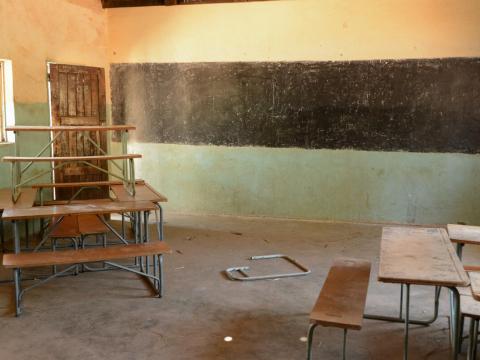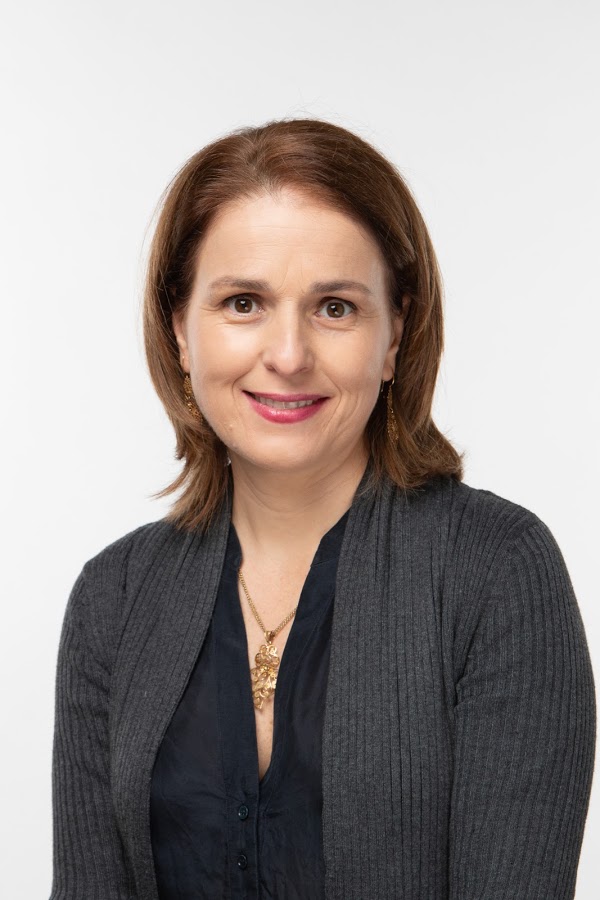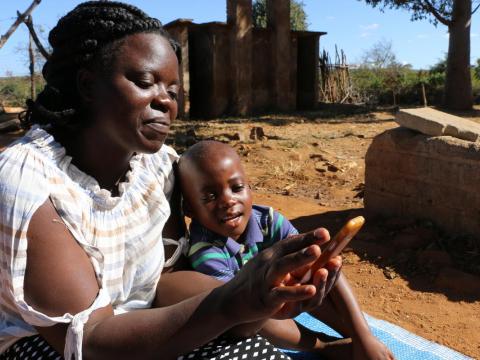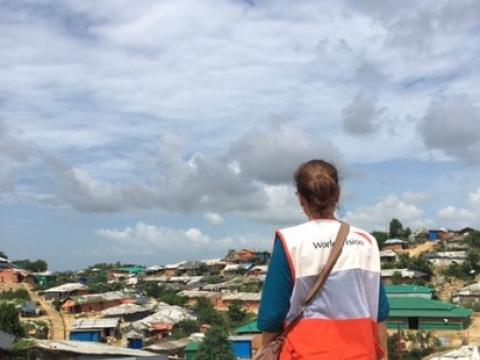
Back to school in Switzerland. What about the Sahel?
By Isabel Gomes
Last week, I drove my 13-year-old daughter to school – for the first time in months. During lockdown she gained an appreciation for school and she was so happy to be going back. As I said to her, six months ago we would have laughed at the very idea of a teenager in Switzerland looking forward to going to school.
A few hours later, I listened as Moussa Sangara and Isaac Massaga, two of my colleagues in West Africa, briefed me on the growing needs in the Central Sahel region (between Burkina Faso, Mali and Niger in West Africa). Eight million children between the ages of 6 and 14 are out of school. Eight million. That’s nearly as many people who live in Switzerland, where I currently live.
I felt like I’d been struck as I looked at the statistics and heard the emotion and urging in Moussa and Isaac’s voices.
Over the past few weeks, conversations among my family and friends about our children returning to school were infused with a mixture of emotions; excitement, relief, a little apprehension, gratitude. Going back to school was a normal conversation. What was completely absent was any idea that our children would not go back because of conflict, sexual violence, poverty.
Yet for mothers, parents and communities in the Sahel, the idea that their children can go to school safely is as foreign as the opposite is to me. If they’re lucky, there is a school in walking distance. If they’re really lucky, that school is intact despite the attacks on schools in the area. If they’re among the luckiest, there’s a trained teacher prepared to put up with the threats they face, to teach children. If they have all of that, there’s the decision they have to make, weighing up the risk of their sons and daughters being kidnapped by armed groups. And then there are the girls denied access to education because they are pregnant, many because of sexual violence, child marriage and lack of access to sexual and reproductive health services.
There is a constant disconnect in my life; between the life I live and the lives of the millions of people we’re working to reach around the world. I have lived and worked alongside these people and in these communities, in my 25 years of humanitarian work. Now, I work in Geneva and my role involves discussing with colleagues like Moussa and Issac how we can direct the resources entrusted to World Vision, to change the shape of people’s lives. As Moussa and Isaac covered the next slide in their presentation, I could hear the compassion in their voices. They are experienced humanitarian responders who have seen it all, and they are clearly really affected by what they are now seeing. You can have presentations that are just about the numbers, but they really care and it’s clear. And hanging over all our heads was “what more can we do?!”
As they covered the slides and we talked, I could feel the warmth, sights and smells that greeted me the last time I was in Senegal. In normal times, I would be there with them. While I cannot, it is a real blessing of my job to be virtually transported to the places where children are suffering the most, and direct people and resources and surge capacity there. I was overcome, as I often am, with the sense that we must do more to help.
My daughter has been amazing throughout lockdown. She and her friends are aware of their privileges and blessings, and have baked cakes to raise money for education funding through our World Vision here in Switzerland.
Everything we can do is better than nothing. We all have a part to play and it will take us all playing that part, to help deal with the small and large problems that prevent children being able to access school all over the world. I have been challenged this week to do even more, I hope you are too.
Isabel Gomes is World Vision’s Global Director of Humanitarian Operations. Follow Isabel on Twitter @IsabelCSGomes


